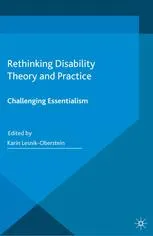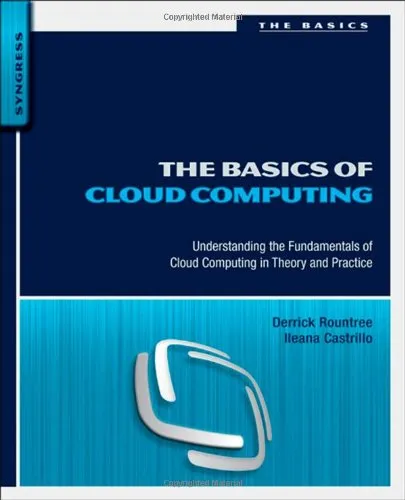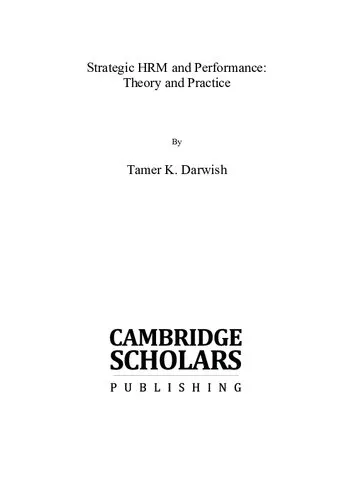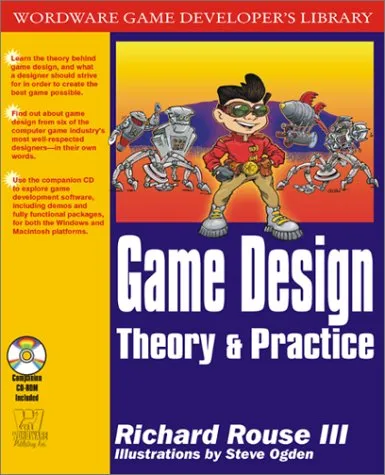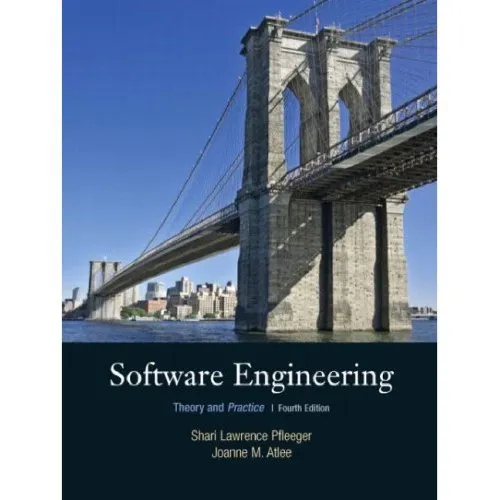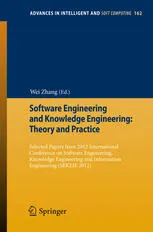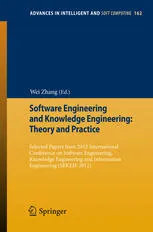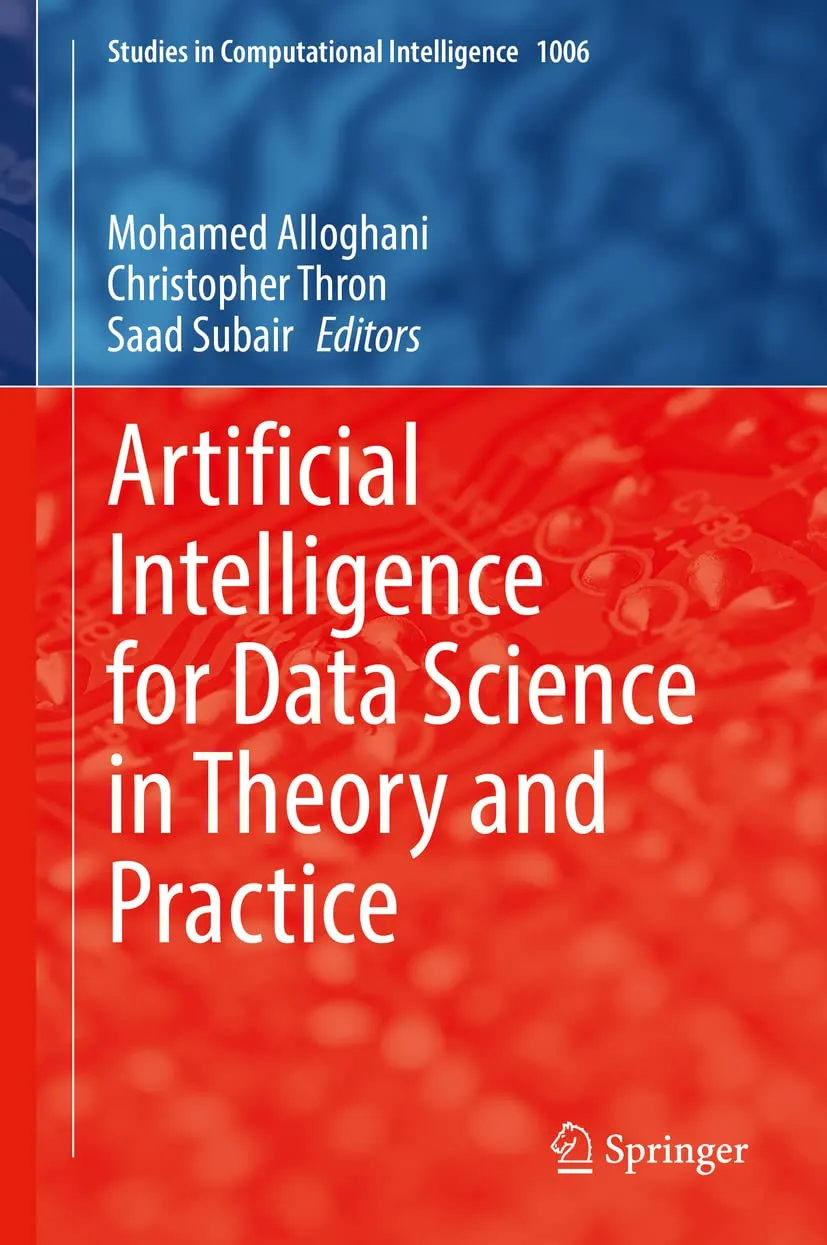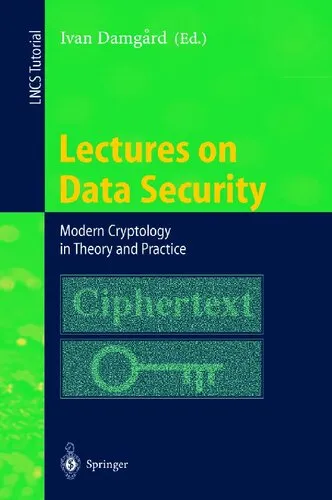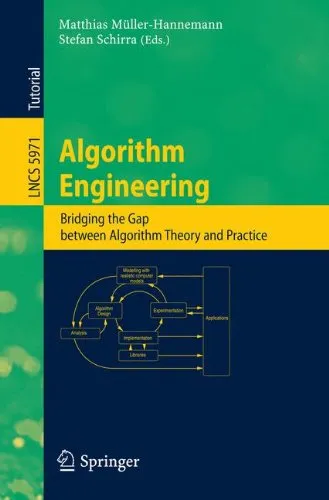Rethinking Disability Theory and Practice: Challenging Essentialism
3.8
Reviews from our users

You Can Ask your questions from this book's AI after Login
Each download or ask from book AI costs 2 points. To earn more free points, please visit the Points Guide Page and complete some valuable actions.Related Refrences:
Introduction to "Rethinking Disability Theory and Practice: Challenging Essentialism"
Disability is often misunderstood and misrepresented due to pervasive societal norms and essentialist thinking. Rethinking Disability Theory and Practice: Challenging Essentialism, edited by Karín Lesnik-Oberstein, invites readers to engage critically with existing disability theories and practices while interrogating concepts of identity, normalcy, and marginalization. This thought-provoking book questions the essentialist frameworks through which disability is traditionally understood and challenges readers to embrace its complex, multifaceted nature.
Summary of the Book
In this edited volume, contributors from diverse academic and professional backgrounds come together to address one core question: how can we rethink disability beyond essentialist paradigms? Essentialism often reduces multifaceted experiences of disability to static, biologically determined conditions, ignoring the cultural, social, and political dimensions of what it means to belong to the category of "disabled." This book argues that dominant ideas about disability—constructed through historical, medical, and even theoretical lenses—reinforce exclusion and othering.
The chapters collectively critique these dominant models by proposing fluid, intersectional, and context-sensitive perspectives. Through a combination of theory, case studies, and reflections, the book dismantles stereotypes and offers fresh insights into the lived realities of disability. By interrogating language, representation, and power, it seeks to foster a more equitable and inclusive understanding of disability that accounts for the diversity of human experience.
Key Takeaways
- 1. The Limitations of Essentialism: The book argues that essentialist views of disability are reductive and fail to capture its complex intersections with race, gender, class, and sexuality.
- 2. Language Matters: How we think about and speak of disability holds immense power to shape perceptions and opportunities for meaningful social inclusion.
- 3. Interdisciplinary Dialogue: Disability studies benefit from working across disciplines to better understand the social, cultural, and political implications of ableism.
- 4. Beyond the Medical Model: While medicine has had a pivotal role in shaping disability discourse, this book advocates moving beyond a purely biomedical framework to examine the broader societal factors at play.
- 5. Reimagining Disability Justice: True justice requires moving from accommodation to transformation—challenging systems of oppression and rethinking societal structures fundamentally.
Famous Quotes from the Book
"Disability is not merely a biological reality; it is a social construct shaped by power, privilege, and cultural expectations."
"To challenge essentialism is to expose the ways in which disability is a lived experience that cannot be simplistically defined or confined."
"Rethinking disability requires not just a shift in perspective, but a dismantling of the very systems that perpetuate marginalization."
Why This Book Matters
Rethinking Disability Theory and Practice: Challenging Essentialism is not just a book for academics or practitioners—it is a vital resource for anyone committed to social justice and inclusion. Disability remains an underexplored aspect of identity and oppression, despite being a global experience affecting millions. This book seeks to bridge that gap by encouraging nuanced conversations about what disability is and how society can move toward more equitable practices.
By offering new frameworks for understanding, this book holds significance for policy-makers, educators, healthcare professionals, and advocates striving to dismantle systemic barriers. It equips readers with the tools to critically examine ableism in its many forms, offering a vision for a future that values all bodies, abilities, and experiences. Its commitment to challenging essentialism invites readers to appreciate complexity while working toward meaningful change, making it a transformative addition to the field of disability studies.
Free Direct Download
You Can Download this book after Login
Accessing books through legal platforms and public libraries not only supports the rights of authors and publishers but also contributes to the sustainability of reading culture. Before downloading, please take a moment to consider these options.
Find this book on other platforms:
WorldCat helps you find books in libraries worldwide.
See ratings, reviews, and discussions on Goodreads.
Find and buy rare or used books on AbeBooks.
1317
بازدید3.8
امتیاز0
نظر98%
رضایتReviews:
3.8
Based on 0 users review
Questions & Answers
Ask questions about this book or help others by answering
No questions yet. Be the first to ask!
